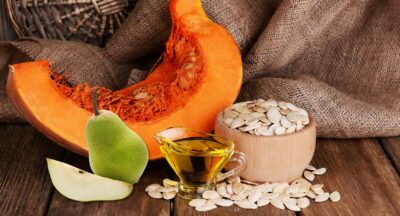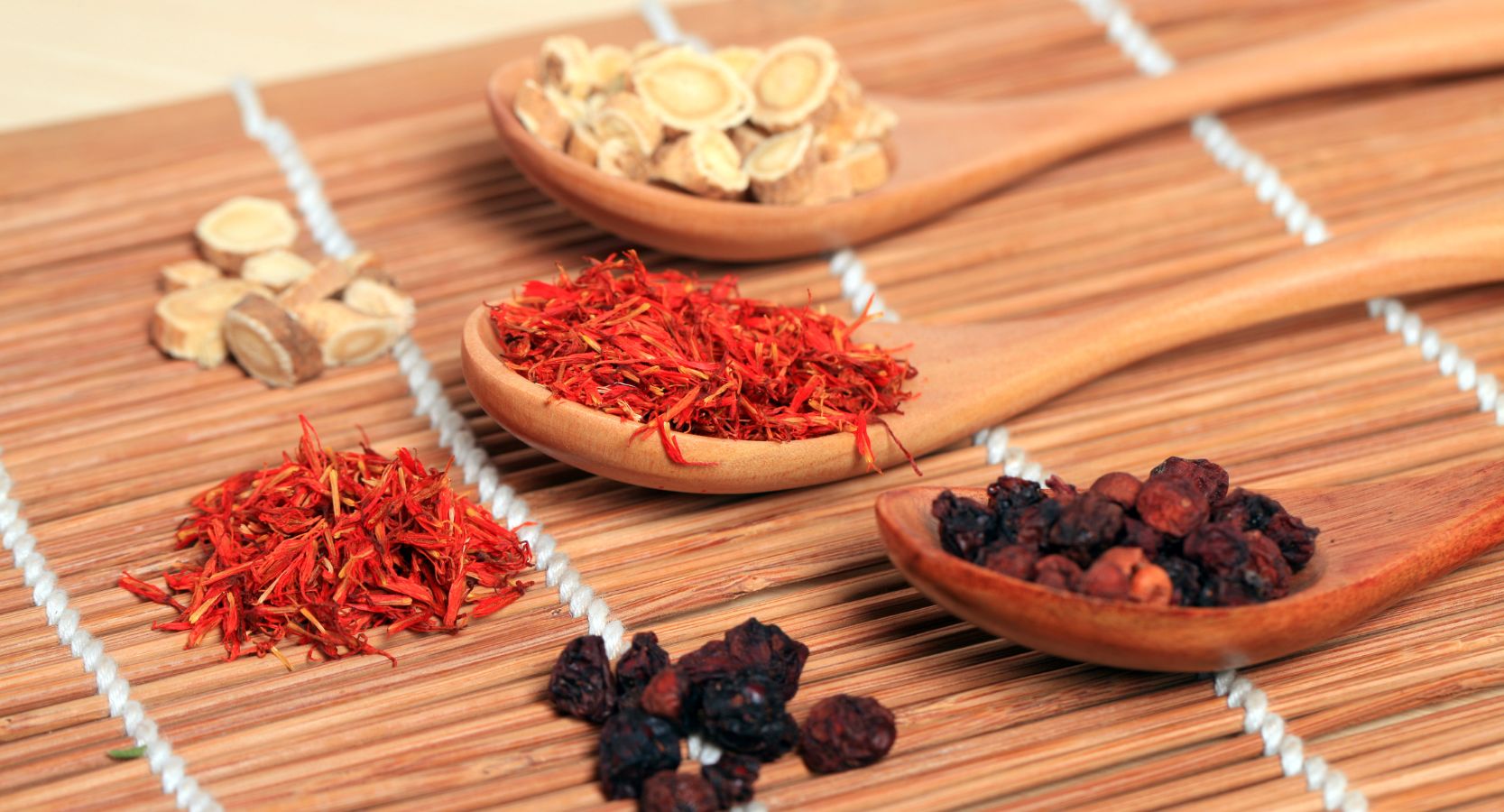Traditional Chinese Medicine (TCM) is a holistic practice that encompasses various aspects of human well-being, with diet being one of its fundamental pillars. For millennia, TCM has recognized that food not only physically nourishes the body but also has a profound impact on a person’s energetic and emotional balance.
Basic Principles of Diet in TCM
TCM is based on the concept of yin and yang, two opposing and complementary forces that must be balanced to maintain health. Thus, foods are classified according to their yin (cool, refreshing) and yang (hot, energizing) properties, and are recommended based on individual needs to restore internal balance.
Furthermore, TCM identifies five fundamental flavors: sweet, bitter, salty, spicy, and sour, each related to specific organs and capable of influencing their function. For example, bitter foods are associated with the heart and small intestine and can promote heat and dry dampness, while sweet flavors, related to the spleen and stomach, are considered toning and balancing.
Personalized Diet: Key to Well-being
In TCM, there is no “one-size-fits-all” diet. Dietary recommendations are personalized based on individual constitution, present energy imbalances, and the season of the year. This is because each person has their own yin and yang dynamics, and what is beneficial for one may not be for another.
For example, a person with an excess of yin might need yang foods to warm their body, while someone with an excess of yang might benefit from yin foods to cool and balance their energy. This attention to individuality ensures that the diet promotes optimal well-being.
Alimentos y estaciones: Una relación dinámica
As already mentioned, Traditional Chinese Medicine also emphasizes the importance of adjusting the diet according to the seasons, in line with changes in the environment and the body’s energy. During the winter, the consumption of yang foods is encouraged to warm the body, such as ginger, garlic, and red meats. In contrast, the summer calls for a more yin diet, with fresh fruits and vegetables to refresh and hydrate.
Therapeutic Role of Foods
Beyond nutrition, TCM uses food as therapy to prevent and treat diseases. Certain foods have specific properties that can help correct imbalances and strengthen weak organs. For example, pears are considered beneficial for the lungs and are recommended for treating dry cough, while pumpkin seeds, which nourish the urinary system, are useful in cases of prostate issues.

You might also be interested in our article
‘Inner Balance: Caring for Your Liver with the Power of Chinese Medicine’.
Learn More About Traditional Chinese Medicine
For those interested in exploring more about the practices and principles of Traditional Chinese Medicine, we offer specialized courses in Traditional Chinese Medicine. These courses are an ideal opportunity for those looking to integrate the wisdom of TCM into their professional practice or daily life to improve their health and that of others.

